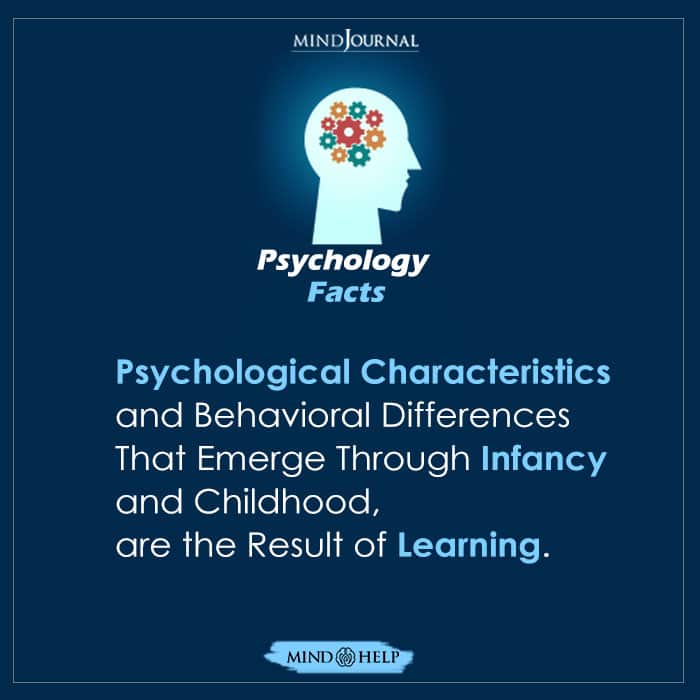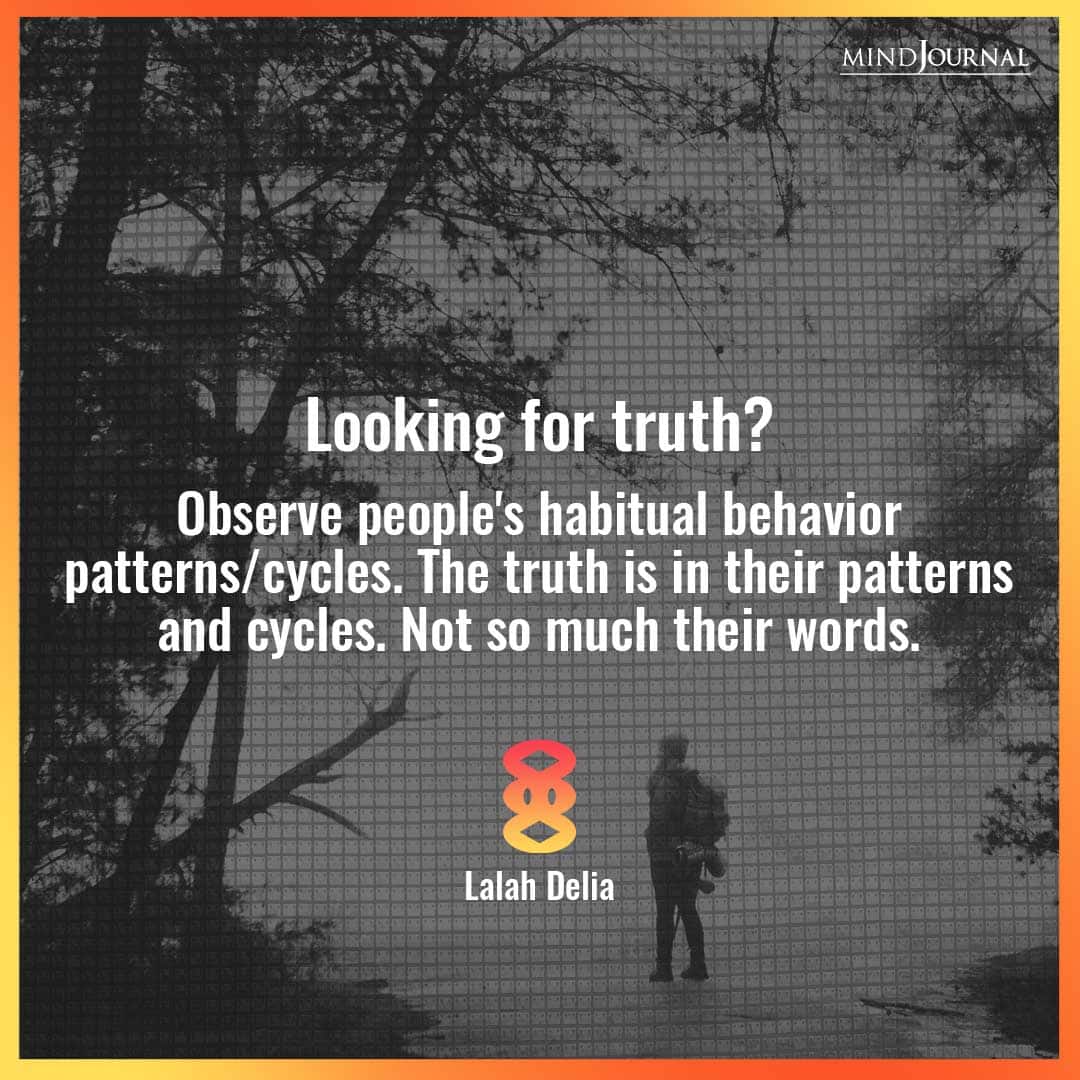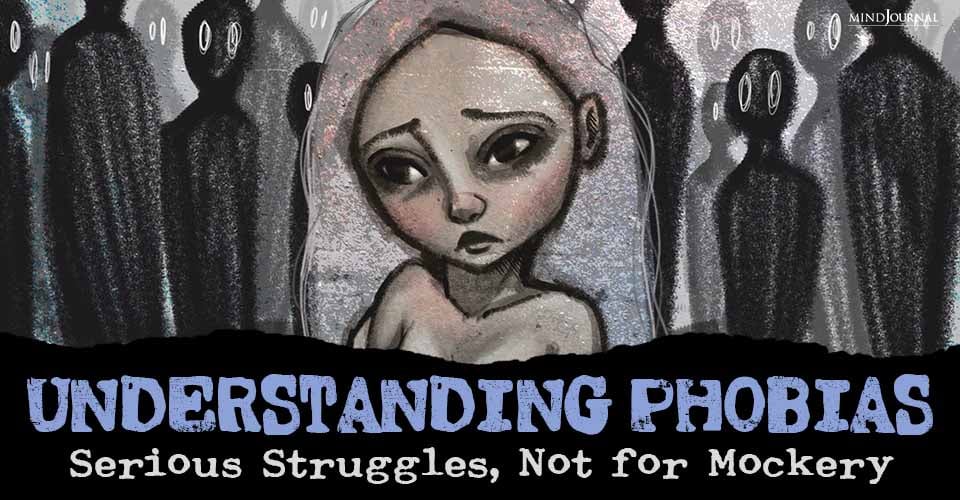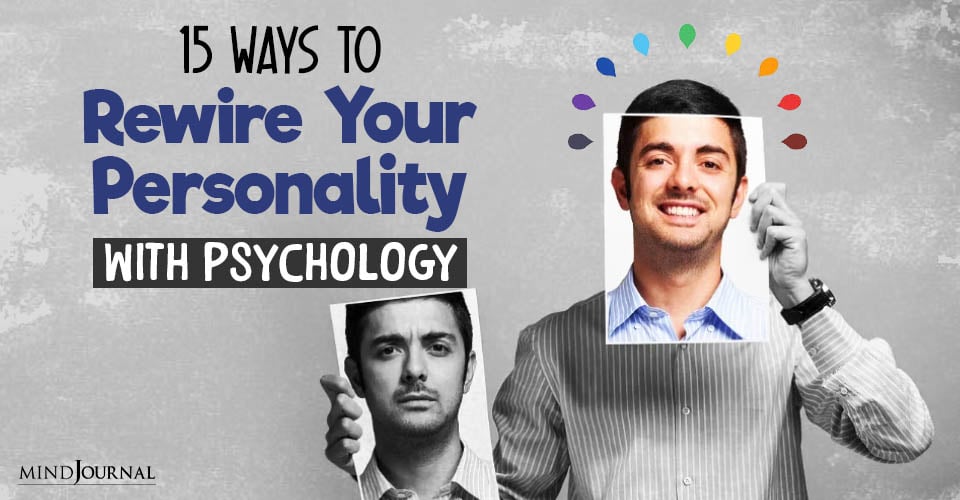Behaviorism is, largely, the idea that scientific and applied psychology should only be concerned with observable actions. While somewhat limited, this approach actually holds much importance in the field today. Here’s why.
There he was, renowned behavioral analyst Dr. Billy Baum. Harvard trained and highly regarded in the field of behavioral analysis, Billy, as he is called by those who know him well, would always put on a little show at our weekly departmental colloquia for the Psychology Department at the University of New Hampshire, where I got my Ph.D. in 1997.
With a beard worthy of Santa Claus, a twinkle in his eye, and a white lab coat permanently affixed to his body, Billy, who is still writing about the nature of the behavior, to my understanding, was ready to pounce on any speaker on any topic. Never in a mean way. But always with a very particular agenda.
You see, Billy and his close colleague Tony Nevin both were what we would call old-school behaviorists. They were trained in the tradition of B. F. Skinner and others who represented a perspective that dominated the behavioral sciences for decades during the 20th century. Behaviorists saw psychology as a pure science, based completely on observable data.
Thus, the focus on behavior. Further, they followed B. F. Skinner’s lead in asserting that all animals learn via the same basic principles. Thus, to understand the forces that shape human behavior, there is no need, according to this perspective, to actually study humans. Studying rats, goldfish, or pigeons would suffice. And that is exactly what the 20th-century hardcore behavior analysts did.
The second floor of our psychology building at the time, Conant Hall, was kind of like Willy Wonka’s factory. Rarely did anyone ever come in and out. Learning-based experiments on various non-human species, largely rats and pigeons, I believe, were conducted there.

Read 14 Handy Social Skills That’ll Make You More Likable Instantly
Historical Context
Now you see, at the time that I was getting my Ph.D., in human social and personality psychology, the lion’s share of behavioral scientists were actually quite dismissive of the entire idea of behaviorism. Many landmark studies and researchers, such as Juan Garcia (see Garcia et al., 1955), found that many of the basic premises of the behavioristic paradigm didn’t hold up.
Such researchers found that not all species learn the same way. They found that internal mental states actually exist and can be empirically studied. They found that physiological processes that underlie behavior also exist and can be empirically studied.
By the time I was in graduate school in the 1990s, most academic behavioral scientists were pretty much completely off behaviorism. Some refer to the shift that took place historically as “the cognitive revolution.”
But there in Durham, New Hampshire in the 1990s, behaviorism was alive and well. And I think that this fact kind of surprised many of our weekly guest speakers.
Read 11 Of The Most Common Nightmares And The Science Behind Them
Billy Baum in Action
Pretty much without fail, no matter what the topic of the weekly guest lecture was, Billy would raise his hand. All eyes would turn toward this conspicuously wise senior faculty member. And the question was nearly always the same.
Taking a pause from eating his famous peanut butter sandwiches, he’d simply ask the colloquium speaker this:
Could you train a pigeon to do the tasks that were included in your study?
Of course, this question always seemed quite out of leftfield. Further, on the surface, the obvious answer almost always seemed to be “No!” We would have people talking about such advanced cognitive and social topics as learning second languages, storing long-term memories, and responding to infidelity in mateships, as a brief list.
Looking back, it was almost like a prank. And everyone was in on it except for the speaker.
Speakers’ responses varied from sheer confusion to desperate (if convoluted) attempts to actually consider the question seriously from the parameters of their own particular subfield.
But I think Billy’s point, consistently, was a much bigger point that actually had little to do with the details of the research that was being presented on any given occasion. Billy was making a foundational point regarding the importance of observability of data in the behavioral sciences. If you are studying a pigeon’s behavior, everything you are studying is observable. You study the schedule of food-related reinforcement presented to the pigeon. You study its pecking behavior. You note the relationships between the nature of the stimuli and the nature of the behavior. It’s all observable. And, from the perspective of behavioral analysis, this is the only way to go if you are really doing science at all.
The meta-message, I think, was this:
If you cannot explain the stuff you are studying in fully observable terms, you are wasting your time and you are not doing science. That is what he was really saying. Hearing him in action was almost like watching Behaviorism’s last stand. And, to be honest, it was always very educational for me and the other graduate students present. Because no matter what you are studying, and regardless of the many flaws associated with a behavioristic approach, at the end of the day, observable behavior is the ultimate outcome of any psychological process.
I have to say that while behavior analysis is hardly the field that I landed in when it comes to my own research, I think that the lessons of the behaviorists of the psychology department at the University of New Hampshire influenced my own work in a positive manner.
Read 10 Most Popular Psychological Persuasion Theories To Influence People
Why Behaviorism Matters in the Behavioral Sciences Today
When we measure any variable in a study today, we have essentially an infinite number of ways that we can study it. Think about, for instance, emotional intelligence, which is a commonly studied variable in the behavioral sciences. This variable could be studied in terms of what we call “self report” measures. We could simply ask people if they have high emotional intelligence or not.
But there is something quite lacking about such a self-report approach, isn’t there? Early on in my graduate school training, I worked with Jack Mayer and Becky Warner on the development of new measures of emotional intelligence, a construct that was in its incipient form at the time. And as Jack was one of the co-founders of this construct, it was really a great opportunity to be on the ground floor of the development of what would become a huge idea in the field over the years.

Read 16 Research-Based Psychological Hacks for Your Social Life
The first study I conducted as a graduate student was on the topic of measuring emotional intelligence. This study, conducted with Jack Mayer, was influenced by the behaviorist ethos in our department in many ways. I remember talking with Jack and concluding that we needed a behavioral (or at least performance-based) measure of emotional intelligence.
I was much more interested in whether some people performed relatively well on emotion-based tasks compared with others. I was less interested in whether people simply varied on how much they reported seeing themselves as relatively high or low in emotional intelligence. We got some interesting results and published the paper in the journal Intelligence (Mayer & Geher, 1996).
In terms of my own development, what was critical in my mind was that I was able to find ways to measure seemingly internal variables by actually observing performance, or behavior.
In my work since then, I’ve studied lots of variables on lots of topics. And I have often used self-report measures in my work. But my general guideline for my own research is, implicitly, very influenced by Billy Baum and the behaviorist tradition. If I can measure a variable in an observable, behavior- or performance-based way without too much trouble, I shoot for doing exactly that. Some of my own work has applied this approach to the study of political behavior (see Geher et al., 2015) and creativity (see Geher et al., 2017), for instance.
And I take this same approach in working with student researchers today. If there is a variable that can be studied in an observable way that is relatively behavioral in nature, I will generally push for that. As I see it, all things equal, it’s better to study what people actually do relative to what they say they would do. In a sense, this is the main lesson of behaviorism in a nutshell.
And behaviorism also is highly relevant today in terms of helping us understand such issues as parenting and working with children with autism.
Read The Science Of Lying: 9 Things You Should Know About Liars
Bottom Line
When renowned behavioral scientist Billy Baum would ask visiting speakers “if a pigeon could do the tasks” that were included in their research, he was (in addition to kind of being a wise guy!) making a point about the importance of observable behavior in the behavioral sciences. All things equal, the more observable our variables are, the more that we can be confident that our results actually matter—that our results bear on actual actions that people take in their lives.
While many of the principles of old-school behaviorism have been shown to not fully stand up to scientific scrutiny, I say that we don’t throw the baby out with the bathwater. The behaviorists understood the importance of studying variables that can be physically observed. And this approach to behavioral science is as relevant today as it ever was.
NOTE: The unabridged version, with an additional section about behaviorism in the applied human sciences, is found here.
DEDICATION: This post is dedicated to the Ph.D. program in Psychology at the University of New Hampshire. I truly owe nearly everything I have to this gem of an academic program.
References
- Axelrod, S., McElrath, K. K., & Wine, B. (2012). Applied behavior analysis: Autism and beyond. Behavioral Interventions, 27(1), 1–15.
- Garcia, J., Kimeldorf, D. J., & Koelling, R. A. (1955). Conditioned aversion to saccharin resulting from exposure to gamma radiation. Science, 122, 157–158.
- Geher, G., Carmen, R., Guitar, A., Gangemi, B., Sancak Aydin, G., and Shimkus, A. (2015) The evolutionary psychology of small-scale versus large-scale politics: Ancestral conditions did not include large-scale politics. European Journal of Social Psychology, doi: 10.1002/ejsp.2158.
- Geher, G., Betancourt, K., & Jewell, O. (2017). The link between emotional intelligence and creativity. Imagination, Cognition, and Personality.
- Mayer, J.D., & Geher, G. (1996). Emotional intelligence and the identification of emotion. Intelligence, 22, 89-113.
Written by: Glenn Geher
Originally appeared on: Psychology Today
Republished with permission










Leave a Reply